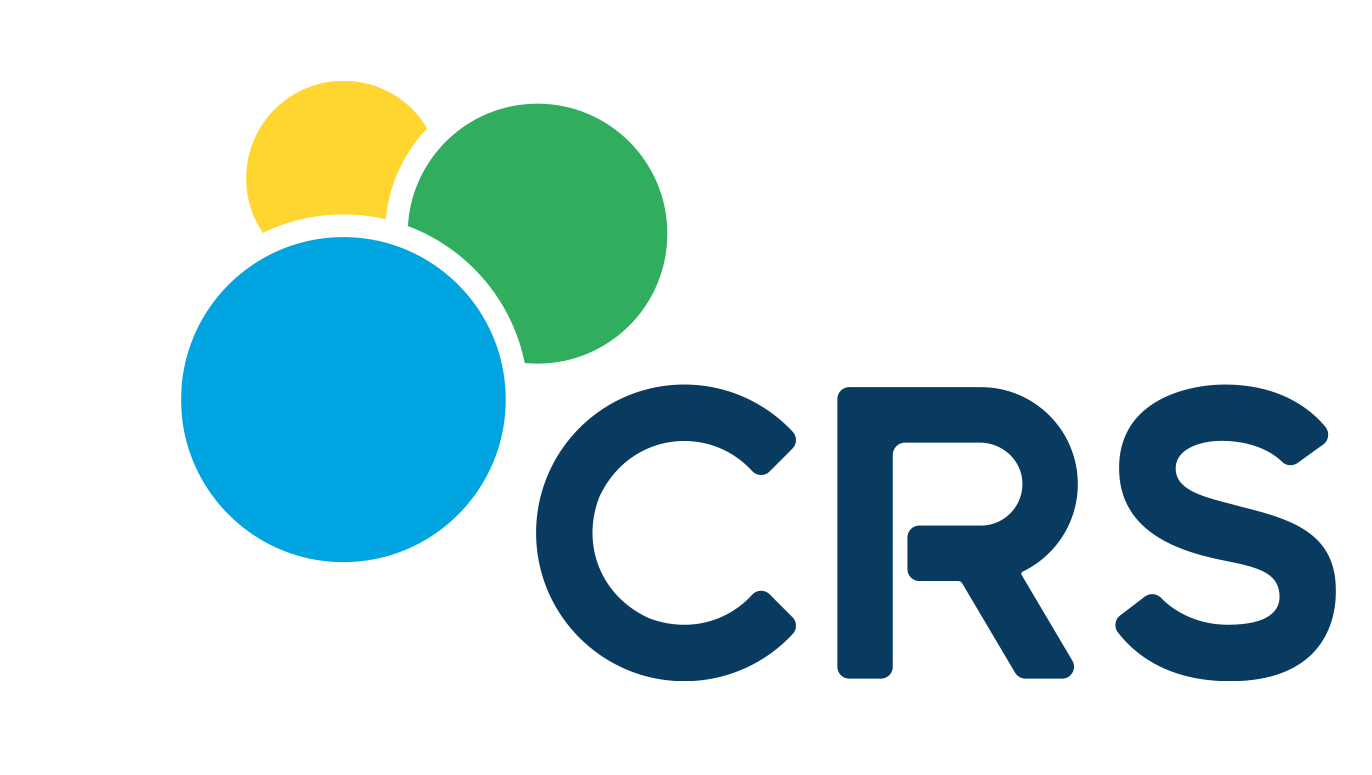Your business is thriving, and the global stage is calling. Expanding across borders is an exciting prospect, but let’s be honest, managing people in different countries can get really complicated, really quickly. From understanding local labour laws to making sure everyone’s paid correctly and on time, there’s a lot to juggle.
“The number one concern we hear from HR and finance leaders when it comes to managing payroll across multiple countries is staying compliant,” says Ian McAlister, General Manager at CRS Technologies. “Besides paying people on time, everything has to be done correctly, in line with local laws that are often complex and change constantly. The stakes are high, because even small mistakes can lead to hefty penalties, strained employee relationships and serious reputational damage.”
Fortunately, there are some practical steps businesses can take to manage the risks that come with global payroll. McAlister shares five key best practices to help your business stay compliant as you grow globally.
Create clear, consistent compliance policies
Start by putting standardised policies and procedures in place across your global operations. These should be flexible enough to align with local laws, but consistent enough to keep everyone on the same page.
“Standardisation doesn’t mean a one-size-fits-all approach,” McAlister explains. “It’s about building a reliable framework that ensures consistency while still providing for the unique requirements of each country. Having clear processes not only reduces the chance of errors but also makes it easier for your payroll and HR teams to stay compliant.”
Leverage automation and payroll technology
Let’s face it, managing global payroll manually is a recipe for stress. Today’s compliance environment is too dynamic and complex for manual processes to keep up. Automating payroll calculations, tax submissions and compliance reporting not only improves accuracy but also helps you stay agile in the face of regulatory change.
“Automation is your first line of defence against non-compliance,” says McAlister. “Modern payroll platforms are built with compliance in mind and are regularly updated to reflect local laws, so you don’t have to worry about falling behind. Plus, automation gives your payroll and HR team more room to focus on strategy, rather than spreadsheets.”
Partner with compliance experts
International payroll demands specialist expertise. Laws around tax, social contributions, employee classification and reporting can vary widely between countries, and keeping track of them is not easy. Engaging experienced payroll and HR consultants ensures your processes remain accurate and legally sound.
“These specialists are your eyes and ears on the ground,” McAlister notes. “They help you stay ahead of changing regulations, avoid costly mistakes and ensure your people are paid correctly, wherever they are based.”
Collaborate with an employer of record (EOR)
If your organisation is entering a new market for the first time, working with an EOR can streamline the process significantly. An EOR takes on the legal responsibility for hiring and managing employees in-country, ensuring compliance from day one.
“This is a game-changer for businesses that want to move quickly without setting up a legal entity in every market,” says McAlister. “It allows you to focus on growth and employee engagement, while the EOR handles compliance and local employment obligations.”
Implement employee self-service (ESS) tools
Giving employees direct access to their payroll and HR information through ESS portals reduces the administrative burden on your internal teams and improves accuracy. Employees can view payslips, update personal details and track leave – all while contributing to a more transparent and compliant payroll environment.
“ESS tools are a win-win. They not only empower employees but also support compliance by improving data accuracy and making audit trails easier to maintain.”
“Compliance isn’t something you set and forget,” McAlister concludes. “It’s an ongoing journey. The more proactive and strategic you are, the more confident you’ll feel in managing your global operations. And when you follow best practices and team up with the right partners, you not only reduce risk, but also boost your company’s credibility and create a positive experience for your international workforce.”
For more information, go to www.crs.co.za.
Share
CRS
Four decades of innovation
CRS is a pioneering force in the South African payroll and HR industry. Since our establishment in 1985, we have earned global recognition as the go-to human capital management expert for organisations seeking innovative solutions to optimise their workforce.
Our approach is all about maximising value for both employers and employees. We do this by crafting bespoke solutions that turn payroll and HR departments into strategic powerhouses, creating workplaces of inspired, engaged and valued employees.
Our expanding footprint extends to more than 35 countries in Africa, Asia, the Middle East and Europe.
For more info, go to www.crs.co.za
Editorial contacts
